How many monopolistic Indian corporations can you name? Today, we are looking at one of Warren Buffett’s favorite categories: monopolies, specifically in Indian markets. A monopoly refers to businesses that are market leaders in their industry due to a significant competitive advantage. These firms are challenging to compete with and hold the largest market share for their products and services.
In the investment world, stocks of these companies are referred to as MOAT stocks. The term “moat” comes from the ditches that surrounded medieval castles, providing a buffer zone. In a corporate sense, moats can be entry barriers (big capital requirements or government regulations) or competitive advantages a company has built.
We will explore the Indian monopoly stocks that dominate their respective industries. These industry leaders face little to no competition. Examples of monopolies in India can be found across various sectors and sizes. The top monopoly stocks are categorized into three groups: large-cap, mid-cap, and small-cap monopoly stocks in India. Let’s dive in!

Table of Contents
How to Create a Market Monopoly
In a monopolistic market, customers always choose to buy from a specific company because that company controls the market. There are several ways companies create monopolies in their industry. These include overcoming big technological barriers, expanding distribution networks and navigating regulatory environments.
Often customers stick to a company’s offerings because of high switching costs which helps the company to maintain its monopoly. By building these barriers companies can secure their position in the market and limit competition and ensure long term profitability and influence in their space.
Read Also: All about Syrma SGS IPO GMP, Price, Date, Allotment
Understanding Switching Costs
Switching costs are the costs customers incur when they switch from one product or service provider to another. Companies with strong pricing power and big competitive advantage build unique features in their offerings making it hard for customers to choose a competitor’s product. This uniqueness not only gives them a competitive edge but also customer loyalty and consistent revenue streams. Hence such monopolistic companies have a bright future ahead.
Another critical aspect that sets monopoly stocks apart is the company’s goodwill.
For instance, when you think of toothpaste, Colgate is likely the first brand that comes to mind. Similarly, when it comes to noodles, Maggi is often the immediate choice.
Monopolistic companies enjoy exceptional brand recognition because they invest heavily in making their products distinctive. They also allocate substantial resources to marketing and expanding their distribution networks.
Due to these factors, monopoly companies in India have the potential to become multi-baggers over the long term.
Do Read – Inside Adani Capital IPO Plans: Doubling Loan Book Every Year
How We Selected the Top Monopoly Stocks in India
To identify the top monopoly industries in India, we applied a focused set of criteria across all market capitalizations:
- High Market Share: Companies must command over 40% of their core market.
- Strong Capital Efficiency: A minimum ROCE (Return on Capital Employed) of 15% ensures efficient use of capital.
- Healthy Operating Margins: Operating margins above 15% reflect strong pricing power.
- Consistent Revenue Growth: A 5-year revenue CAGR (Compound Annual Growth Rate) greater than 10% indicates durable expansion.
- Sound Financial Health: We favored companies with low to moderate debt (Debt-to-Equity < 0.5), except where industry norms differ (e.g., PSUs, capital-intensive sectors).
- Stable Profitability: Only businesses with positive, stable profits over the last 5 years were considered.
- Strong Brand and Entry Barriers: We manually validated brand strength, regulatory protections, and customer switching costs.
- High Promoter Holding: For small and midcaps, we preferred companies with promoter holding exceeding 50%, indicating management’s vested interest.
- Reasonable Valuations: Stocks with extremely high PE ratios (>80) were avoided unless extraordinary growth justifies them.
This rigorous framework ensures that the selected companies not only dominate their markets but are also fundamentally sound and sustainable.
Best Monopoly Stocks in India
Small cap Monopoly Stocks in India
In India, a small-cap company is considered to be one with a market cap of less than INR 5,000 crores. But that’s not important for our discussion. Investors look for these emerging companies which are growing and expanding.
#1 Balaji Amines
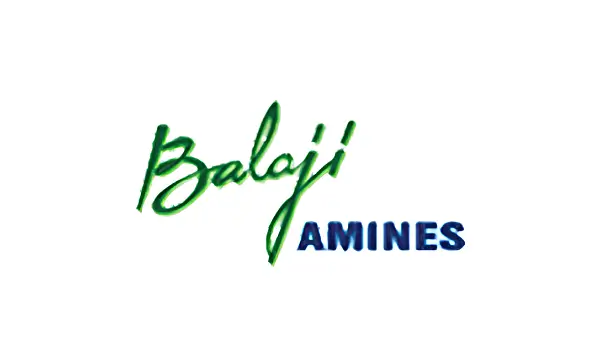
Balaji Amines is a leading Indian manufacturer of aliphatic amines, amine derivatives and specialty chemicals. The company’s product portfolio includes methylamines, ethylamines and various derivatives used in pharmaceuticals, agrochemicals and water treatment industries. Balaji Amines has a significant market share in the Indian amines sector due to its integrated manufacturing facilities and cost-effective production process.
The company is expanding its production capacity to meet the growing domestic and international demand. Despite challenges like global agrochemical demand fluctuations and increase in raw material cost, Balaji Amines is focusing on innovation and operational efficiency to maintain its market leadership. The company’s commitment to sustainability and strategic investments will help it to grow in the specialty chemicals industry.
#2 Easy Trip Planners (EaseMyTrip)

Easy Trip Planners, operating under the brand EaseMyTrip, is one of the fastest-growing online travel agencies (OTAs) in India. The company offers a wide range of travel services including airline tickets, hotel bookings, holiday packages, rail and bus tickets and ancillary services like travel insurance and visa processing. EaseMyTrip can also be considered as a Monopoly Penny stock in India.
EaseMyTrip has got significant market share in the Indian OTA industry, known for its commission-free model and user-friendly platform. To diversify its offerings, the company has announced an investment of INR 2 billion to manufacture electric buses in India and plans to produce 4,000 to 5,000 buses in the next 2-3 years.
This fits into its growth plans to enter the electric vehicle and e-mobility space, leveraging its existing customer base and technology. The company’s new foray into new markets is a testimony to its ambition to be a one-stop travel and mobility solutions provider.
#3 KDDL Ltd
KDDL Ltd is an Indian company engaged in the manufacturing of high-quality watch components like dials and hands and precision engineering components. The company has subsidiaries like Eigen Engineering and Estima AG, catering to both domestic and international markets.
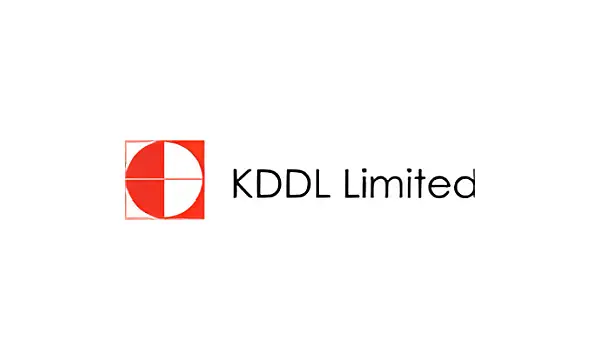
KDDL is a leader in the Indian watch component industry, supplies to major watch brands and contributes significantly to the luxury watch segment through its retail arm Ethos. With manufacturing facilities in India, Switzerland and Hong Kong, KDDL uses advanced technology and skilled craftsmanship to stay ahead of the competition.
The company’s focus on innovation, quality and customer satisfaction has made it a reliable supplier in the global watchmaking industry. KDDL’s strategic expansion and diversification is driving its growth and market leadership, distinguishing itself among the monopoly companies in India.
Midcap Monopoly Stocks
Midcap companies are defined as those with a market capitalisation between INR 5,000 crore and INR 20,000 crore. Investing in these companies is riskier than large-cap companies, but midcap companies have a proven track record and longer operating history than small-cap stocks.
#4 Shakti Pumps (India)
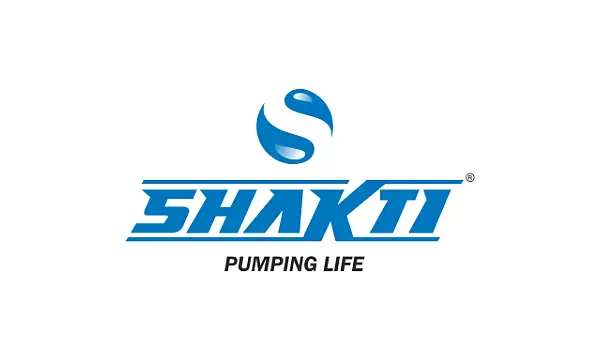
Shakti Pumps (India) is a leading energy-efficient pumps and motors manufacturer with specialization in solar pumping solutions for agriculture and industry. They are the market leader in the domestic solar pump industry with around 40% market share under the Government of India’s PM-KUSUM scheme which promotes solar energy in agriculture.
Shakti Pumps has a wide range of products like stainless steel submersible pumps, pressure booster pumps and solar pump controllers to cater to diverse customer needs. Their commitment to innovation and sustainability has given them remarkable growth with revenue growth of 45.7% from FY2021 to FY2025, reinforcing their status as monopoly products in India.
Shakti Pumps is expanding its global presence to provide reliable and eco-friendly pumping solutions to meet the growing demand of water management.
Read Also: Top 10 Most Expensive Stocks In India
#5 Zen Technologies
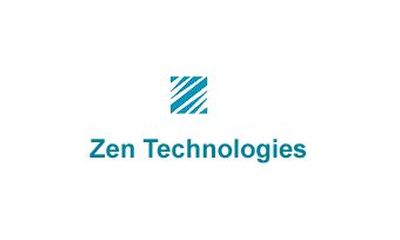
Zen Technologies has live, virtual and constructive training systems for military and law enforcement agencies to enhance combat readiness and operational efficiency. They have got big defence orders including an INR 152 crore order for Integrated Air Defence Combat Simulators (IADCS) and are a trusted supplier to the Indian Armed Forces.
With a strong R&D focus, Zen Technologies is innovating and expanding its offerings to modernize and indigenize defence training in India.
Largecap Monopoly Stocks
A large-cap company has a market cap greater than INR 20,000 crores. These blue-chip companies are less volatile and follow the growth trends of the country.
#6 Himadri Speciality Chemical
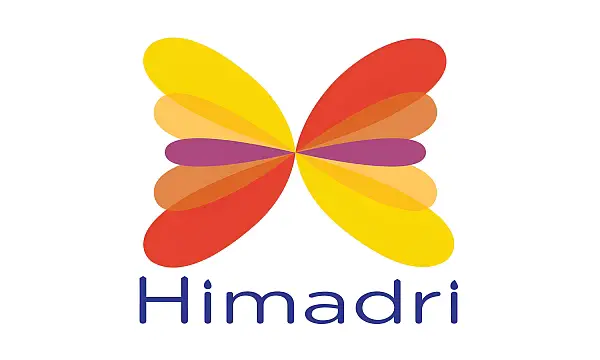
Himadri Speciality Chemicals is a leading Indian manufacturer of speciality chemicals with a strong presence in coal-tar derivatives. They have 60-70% market share in Coal Tar Pitch (CTP) and other derivatives like naphthalene catering to industries like aluminium, graphite and construction.
Himadri is the only advanced carbon material producer in India and is used in lithium-ion batteries, positioning it well in the electric vehicle and energy storage space. The company’s focus on innovation and sustainability has led to eco-friendly products and processes.
In FY25, Himadri reported a 35.04% yoy growth in net profit at INR 555 crore, driven by strong operational performance and market leadership.
#7 Tata Technologies
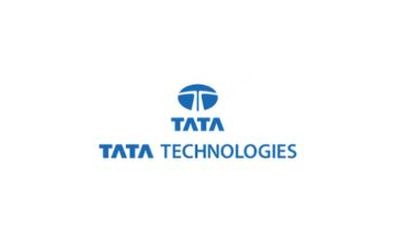
Tata Technologies is a global engineering and product development digital services company, specialising in automotive and aerospace. The company offers end-to-end solutions in engineering, research and development, product lifecycle management and digital enterprise services.
Currently listed among largecap monopoly companies in India, Tata Technologies is the No. 1 India-based global automotive engineering services provider and is among the top 3 globally. In FY25, the company’s services segment revenue grew 1% yoy to INR 5,168 crore, driven by growth in engineering and digital transformation services.
Tata Technologies’ domain expertise and innovative solutions make it the preferred partner for leading OEMs globally, cementing its position as a leader in the engineering services space.
Read Also – Best Indicators for Options Trading
#8 Waaree Energies
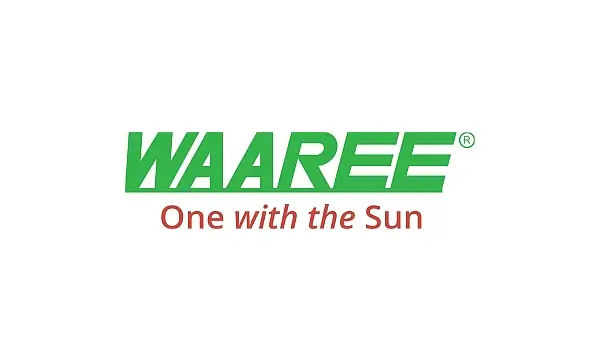
Waaree Energies is India’s largest solar PV module manufacturer with 13.3 GW installed capacity as of FY24 and India’s largest solar cell manufacturer with 5.4 GW capacity. Waaree Energies has a significant market share in the domestic solar module industry and accounts for 44% of India’s solar module exports.
The company’s commitment to quality and innovation has been recognized globally as it became the first Indian solar module manufacturer to get PV Tech’s prestigious ‘A’ bankability rating.
Waaree Energies is expanding its manufacturing capacity and product offerings to contribute to India’s renewable energy goals and global transition to sustainable energy.
List of Monopoly Stocks in India With Returns
This list does not encompass all Indian monopoly stocks available; there are numerous other monopoly shares. Below are some of these monopoly players, along with their price performances.
| Company Name | Price on 5 Sep 2025 | 1-Yr P/L (%) | 3-Yr P/L (%) | 5-Yr P/L (%) |
| Multi-Commodity Exchange | 7,643.50 | 42.82 | 500.90 | 383.23 |
| Eicher Motors | 6,425.00 | 32.93 | 88.94 | 192.99 |
| Procter & Gamble Health Ltd | 6,462.00 | 23.35 | 51.19 | 36.82 |
| Asahi India Glass Limited | 815.40 | 20.21 | 22.83 | 260.88 |
| APL Apollo | 1,672.90 | 14.95 | 58.20 | 591.40 |
| Marico | 738.60 | 14.41 | 41.81 | 99.57 |
| Borosil Renewables | 560.20 | 10.42 | 0.21 | 638.56 |
| Page Industries | 44,665.00 | 8.24 | -10.29 | 144.00 |
| Central Depository Services | 1,509.40 | 6.29 | 133.09 | 551.16 |
| Mold-Tek Packaging | 827.75 | 1.49 | -12.12 | 192.21 |
| Jubilant FoodWorks | 654.20 | 0.62 | 9.23 | 46.43 |
| Pidilite Industries | 3,119.10 | -2.98 | 10.11 | 116.34 |
| Nestlé | 1,212.60 | -4.32 | 25.92 | 47.85 |
| Hindustan Aeronautics Ltd | 4,436.90 | -8.74 | 273.24 | 894.75 |
| Hindustan Zinc | 437.55 | -9.95 | 52.22 | 100.90 |
| CAMS | 3,764.70 | -15.14 | 63.58 | #N/A |
| IndiaMART | 2,561.20 | -16.16 | 9.90 | 13.13 |
| ITC Limited | 415.90 | -17.86 | 26.47 | 119.94 |
| Asian Paints | 2,568.60 | -20.52 | -25.00 | 29.59 |
| Expleo Solutions Ltd | 1,031.10 | -21.64 | -22.62 | 110.09 |
| Coal India | 391.45 | -22.28 | 69.02 | 196.67 |
| Bharat Heavy Electricals Limited | 211.09 | -24.26 | 248.91 | 449.00 |
| Indian Railway Catering and Tourism Corporation | 711.10 | -24.29 | 0.03 | 151.30 |
| Container Corporation of India | 541.60 | -29.86 | 1.17 | 75.55 |
| Indian Energy Exchange | 142.65 | -31.04 | -11.20 | 125.25 |
| Delta Corp | 87.28 | -33.31 | -58.72 | -18.35 |
| NOCIL | 184.98 | -35.17 | -35.25 | 40.08 |
| OCCL Ltd | 129.40 | – | – | – |
| Relaxo Footwears | 498.30 | -39.03 | -50.67 | -23.16 |
| Praj Industries | 402.00 | -46.43 | -2.99 | 494.24 |
Conclusion
While we have discussed investing in monopoly stocks and companies, it is important to first check if a company can hold its dominance in the future. For example, in this article about top monopoly companies in India, we mentioned Relaxo, Asian Paints and Oriental Carbon for their strong financials.
Establishing and sustaining monopolies is challenging, particularly due to the absence of government support. Some examples of monopoly in India, especially public sector undertakings (PSUs) like IRCTC, can disappear with a simple policy change. In such extreme scenarios, companies may experience a gradual decline over several years, with large-cap monopoly stocks potentially becoming mid-cap and mid-cap stocks transitioning to small-cap status.
Investing is all about a company’s ability to hold its market position, protect its market share and ensure long-term profitability. A wider moat indicates greater security for the business. Conversely, a weak moat can lead to increased competition that erodes returns and diminishes market share and profits.
Thus, selecting firms with solid moats is a prudent investment strategy, and monopoly stocks fall into this category. However, it is essential to evaluate the company’s valuations alongside its inherent value and margin of safety. Investing in monopoly business stocks in India is not a guaranteed success; even these stocks can face downturns at times.
Read Also: How Many IPOs Have Withdrawn In India?
Monopoly FAQs
Are there monopolies in India?
Yes, there are examples of monopoly in India, other than those mentioned above such as IRCTC, which has a 100% market share in online train ticketing. There are some companies with a large market share, such as IEX, which has a 95% share in short-term electricity agreements in India.
In a monopoly, how many players are there?
In a clear monopoly, only one player controls the market. However, markets with multiple players are also considered monopolies as long as a single company yields control.
What are the four kinds of monopolies?
Monopolies are classified into four types:
Natural Monopolies: This is a situation in which one company manufactures a product.
Geographic monopolies: These occur when there are few sellers in a geographical area.
Government-Sanctioned Monopolies: These are created by the government and are not open to private players.
Technological monopolies: These occur when a single company owns all of the manufacturing technology.
Why do power companies have monopolies?
Power generation and distribution is an expensive business. The advantages of large-scale production can be provided to the customers. One company with lower costs is in a stronger place to charge a lower price to a customer than multiple players who work hard to reduce variable and fixed costs.
Is it profitable to invest in monopoly stocks?
As IPO Central’s data suggest, it is profitable to invest in monopoly stocks over a long timeframe.

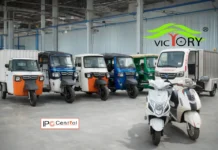





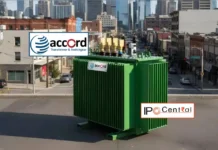























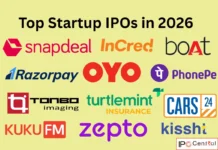


thanku very much for telling Best Monopoly Shares of 2023